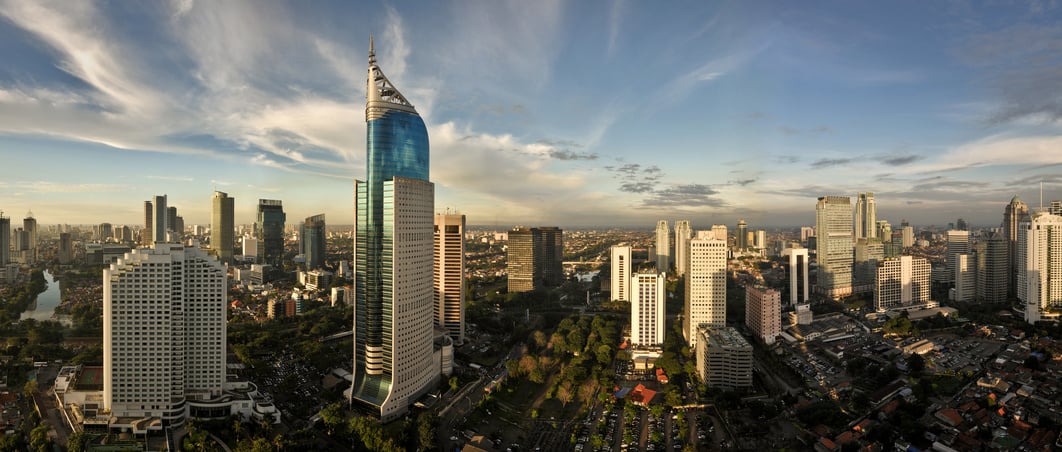In brief
One of the preliminary methods to check if a person has been infected with COVID-19 is a rapid antibody test. In addition, under COVID-19 Task Force Circular Letter No. 7 of 2020 currently, a rapid antibody or PCR (Polymerase Chain Reaction) test result is a requirement for anyone taking public transportation for domestic (interprovincial or intercity) and international travel in Indonesia. Although the accuracy of rapid antibody tests is questionable, the rapid antibody test is the easiest and quickest way to identify COVID-19 exposure.
Because it is easy to use, there has been high demand for rapid antibody tests. To ensure a reasonable price, on 6 July, the Directorate General of Healthcare Services (“DGHS”) (i.e., a division under the Ministry of Health (“MOH”) issued Circular Letter No. HK.02.02/I/2875/2020 on the maximum tariff of Rapid Antibody Tests (“DGHS Circular Letter 02“).
DGHS Circular Letter 02 is an implementing rule of MOH Decision No. HK.01.07/MENKES/247/2020 on Guidelines on Prevention and Control of Corona Virus Diseases (COVID-19).
In depth
DGHS Circular Letter 02 sets the maximum tariff of rapid antibody tests at IDR 150,000.
The maximum tariff is applicable for all citizens who want to take a rapid antibody test. Healthcare service facilities or any parties that provide rapid antibody tests must comply with the maximum tariff requirement.
There is no written sanction for noncompliance with DGHS Circular Letter 02. However, based on the recent public comment made by the Coordinating Minister for Human Development and Cultural Affairs (Menteri Koordinator Bidang Pengembangan Manusia dan Kebudayaan) on DGHS Circular Letter 02, the government is keen to ensure that hospitals that charge more than IDR 150,000 for rapid antibody tests will receive a severe sanction. The sanction could be a verbal warning, a reprimand or a stricter form of sanction.
Although the statement was issued by another ministry, given the subject matter, this would fall within the MOH’s jurisdiction and enforcement should be mainly coming from its DGHS division.
It remains to be seen how the MOH (through DGHS) will impose the sanctions, and what exactly the sanctions would be. The MOH might try to impose sanctions on hospitals or healthcare service facilities if the maximum tariff for rapid antibody tests under DGHS Circular Letter 02 is not complied with. So, hospital business actors and relevant healthcare service providers that handle COVID-19 rapid antibody tests must remain vigilant and take a conservative approach to comply with DGHS Circular Letter 2.





